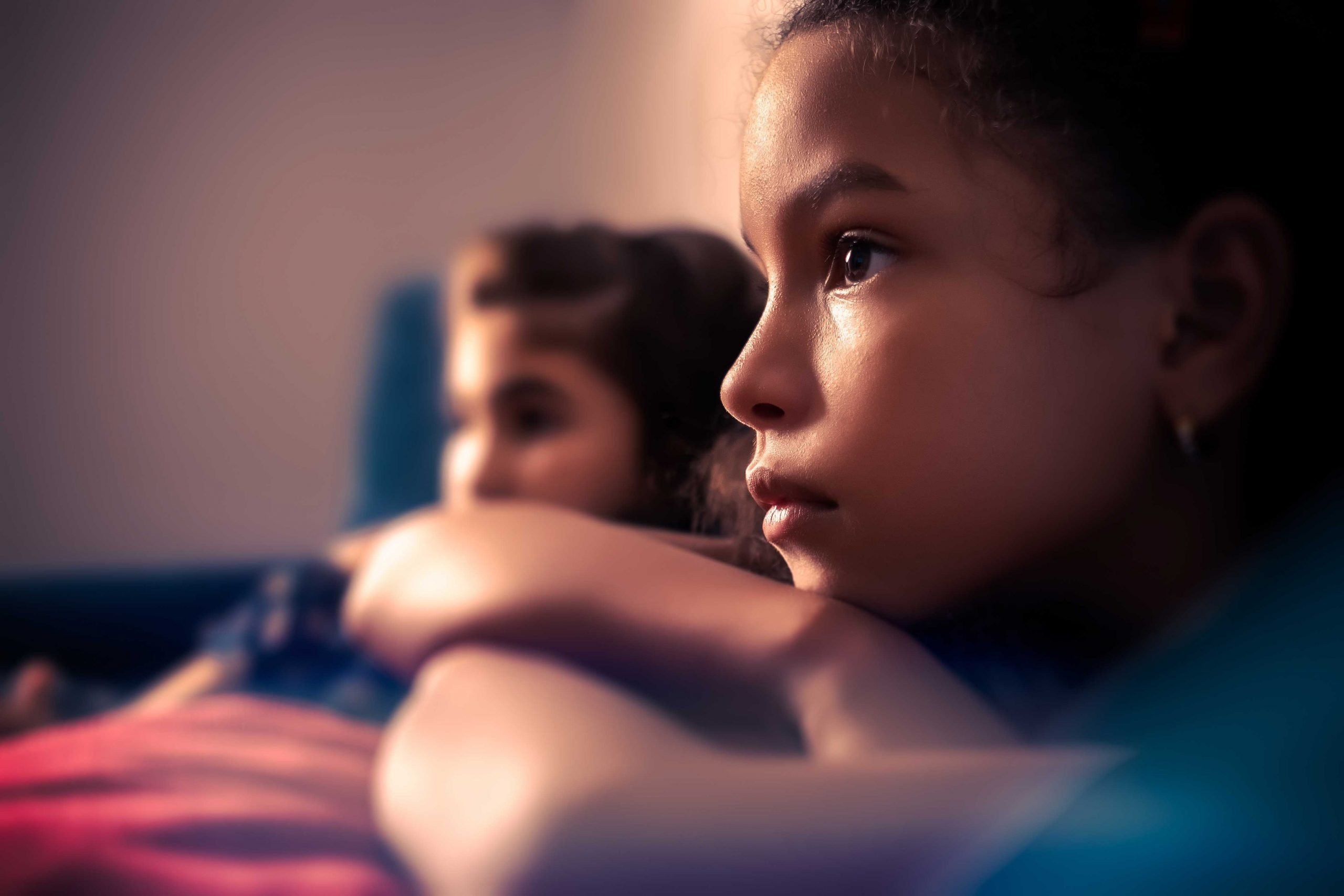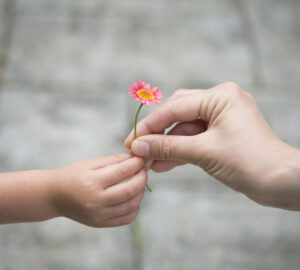Dear Cici,
My kid came home from school upset by the news about Ukraine. Apparently, the teacher has been streaming reports and images of the war. What should I say? How can I help them to feel safe?
– Stressed in Kihei
Dear SIK,
I understand your concerns SIK. Repeated exposure to reports and images of traumatic events can increase feelings of anxiety in all of us, children and adults. As a parent you may not always know what to tell your kids about whatʻs happening in the world.
The best approach will be different for each child. To begin with, the age of your child will determine how much information they need. Kids under 7 do not need to see or listen to news media. Be aware that your children may be listening and avoid leaving the TV on all the time. Limiting prolonged exposure to scary news is especially important for young kids and for older kids who may be more sensitive in temperament/personality.
Don’t avoid the topic. Ask what theyʻve seen or heard about the event and how they feel about it. Listening is key to knowing what is on their mind. Follow your childʻs lead and focus on the issues they are worried about. Make yourself available for follow-up questions as they come up.
Watch the news together with your child and provide context. For younger kids, explain that the situation is happening far away and that they are safe. For teens, who get much of their information from social media, this might be a good time to encourage media literacy. Talk about why certain types of news get more coverage than others and how the media is limited and only gives us part of the picture. It’s also important to address any misinformation they may have heard. It’s OK if you donʻt know all the answers.
Consider your own reactions and feelings about the event/situation. The way you respond will influence how your kids feel. If you find yourself angry or scared about something in the news, talk to your kids about why you are upset. Children and teens need to feel safe and they look to the adults in their lives for cues as to how they’re supposed to think and feel about whatʻs going on.
Finally, balance out the scary news with stories of strength, hope, and resilience. Go a step further and redirect feelings of fear and anxiety into positive action. Depending on the situation, this could mean sending letters or making calls. Help them think of ways to raise money or find opportunities to volunteer locally. Prioritizing time together as a family models positive coping skills and reinforces your child’s sense of security.
If you have a question for Dear Cici, email it to [email protected].




